About CUCOG
The Council of Chairs of Obstetrics and Gynecology was established for the charitable and educational purposes of promoting excellence in medical education in the fields of Obstetrics and Gynecology. Today, the organization promotes and supports leadership development of current and future chairs, and encourages excellence in medical student, resident, and fellowship training; clinical practice; research and advocacy in women’s health. CUCOG provides a forum for chairpersons to address issues relevant to academic obstetrics and gynecology, and provides opportunities to share ideas and network with colleagues.
Our Organizations
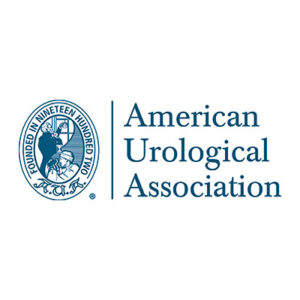
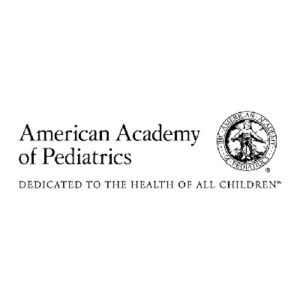

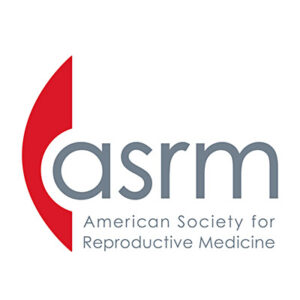
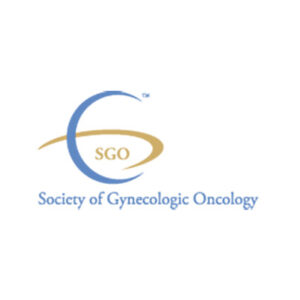

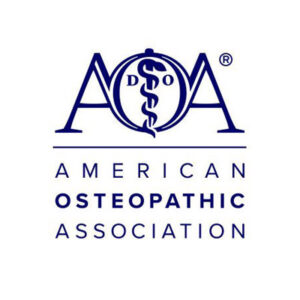
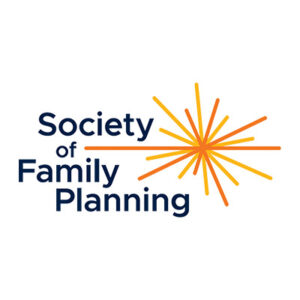
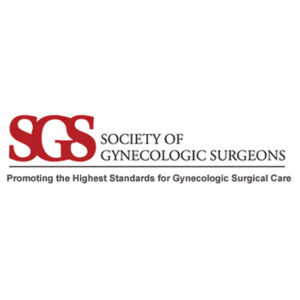

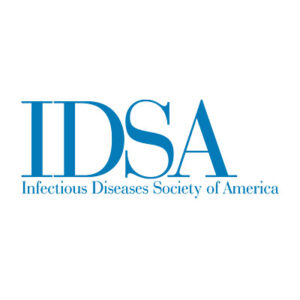
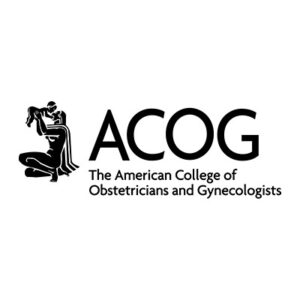
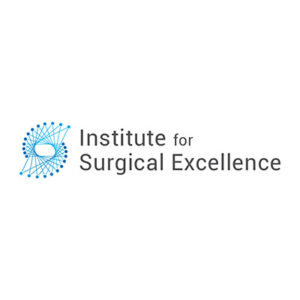
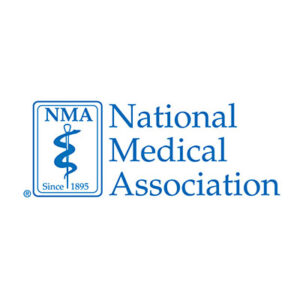
Joint Statement on the Elimination of Human Papillomavirus (HPV)
Our organizations represent a full range of practice areas that care for patients across the spectrum of their lives. We are united in our commitment to the elimination of HPV-related cancer.
HPV is a type of virus that can cause abnormal tissue growth and other changes to cells and causes significant morbidity and mortality in adults. HPV infection is associated with anogenital cancer (including cervical, vaginal, vulvar, penile, and anal), oropharyngeal cancer, recurrent respiratory papillomatosis, and genital warts. Of the more than 150 HPV genotypes, only a small fraction cause cancer, but the malignancies these viruses cause often don’t develop for years or even decades after the initial infection. The treatment of HPV-related malignancies often has a significant negative effect on quality of life, and in the United States, over 35,000 HPV-attributable cancer cases are recorded each year, of which over 90% can be prevented1,2,3.
HPV vaccines are among the most effective vaccines available worldwide, with unequivocal data demonstrating greater than 99% efficacy for some populations. High rates of HPV vaccination will reduce the burden of HPV-related disease in the United States4.
The risk of developing HPV-related cancers declines significantly with HPV vaccination, but current HPV vaccination rates are unacceptably low. In 2019, only 54.2% of adolescents aged 13-17 years had completed the HPV vaccination series4. Recommendations from health care professionals are important to the acceptance of HPV vaccination by patients and their parents or guardians.
Our organizations and collective membership are committed to increasing HPV vaccination rates and moving toward a world that eliminates the infections and malignancies caused by HPV. Health care professionals should strongly recommend HPV vaccination to eligible patients and stress the benefits and safety of the HPV vaccine. Specifically, we support the following recommendations, as outlined by the American College of Obstetricians and Gynecologists and commit to encouraging our members to…
- Educate parents and guardians in their decision making regarding vaccinations for their children.
- Recommend HPV vaccination for children at 11–12 years of age (and as early as 9 years of age) as part of adolescent immunizations.
- Assess and vaccinate children and young adults with the HPV vaccine during the catch-up period (ages 13–26 years), regardless of sexual activity, prior exposure to HPV, or sexual orientation, if they were not vaccinated at 11–12 years of age.
- Use patient-centered, shared clinical decision making regarding the HPV vaccination in some adults aged 27-45 years who are previously unvaccinated, considering the patient’s risk for acquisition of a new HPV infection and whether the HPV vaccine may provide benefit.
We are united in our commitment to increasing HPV vaccination rates and moving toward a world that is HPV free, including making changes to our practices and effectively discussing HPV vaccination with patients and their parents or guardians.
References
1Conway EL, Farmer KC, Lynch WJ, Rees GL, Wain G, Adams J. Quality of life valuations of HPV-associated cancer health states by the general population. Sex Transm Infect 2012;88:517-21. Available at: https://sti.bmj.com/content/88/7/517.long. Retrieved January 7, 2021.
2Centers for Disease Control and Prevention. How many cancers are linked with HPV each year? Available at: https://www.cdc.gov/cancer/hpv/statistics/cases.htm. Retrieved January 7, 2021.
3Centers for Disease Control and Prevention. Cancers caused by HPV are preventable. Available at: https://www.cdc.gov/hpv/hcp/protecting-patients.html. Retrieved January 13, 2021.
4Elam-Evans LD, Yankey D, Singleton JA, Sterrett N, Markowitz LE, Williams CL, et al. National, regional, state, and selected local area vaccination coverage among adolescents aged 13-17 years – United States, 2019. MMWR Morb Mortal Wkly Rep 2020;69:1109-16. Available at: https://www.cdc.gov/mmwr/volumes/69/wr/mm6933a1.htm. Retrieved January 13, 2021.
Joint Statement: Collective Action Addressing Racism
The Council of Chairs of Obstetrics and Gynecology (CUCOG) and American College of Obstetricians and Gynecologists (ACOG), along with 19 additional health care professional organizations representing obstetrics and gynecology, released a collective action plan addressing racism.
As indicated in this statement, we are joining the commitment to changing the culture of medicine, eliminating racism and racial inequities that lead to disparities in health outcomes, and promoting equity in women’s health and health care. We encourage you to read the full statement for more details on our action plan, and objectives moving forward.
CUCOG Statement on Recent Abortion Restrictions
The Executive Committee of the Council of Chairs of Obstetrics and Gynecology (CUCOG) met in response to the recent actions by several state legislatures to limit and ban abortion access. We fully support the American College of Obstetricians and Gynecologists’ (ACOG) Statement opposing political efforts to regulate women’s health care, including limiting access to safe abortion. As Chairs of Academic Obstetrics and Gynecology Departments throughout the country, we oppose criminalization of medical procedures and political interference in reproductive health care. We are deeply concerned about the adverse impact of these actions on the training of our students, residents, and fellows, and above all, on the health and safety of the patients for whom we care.